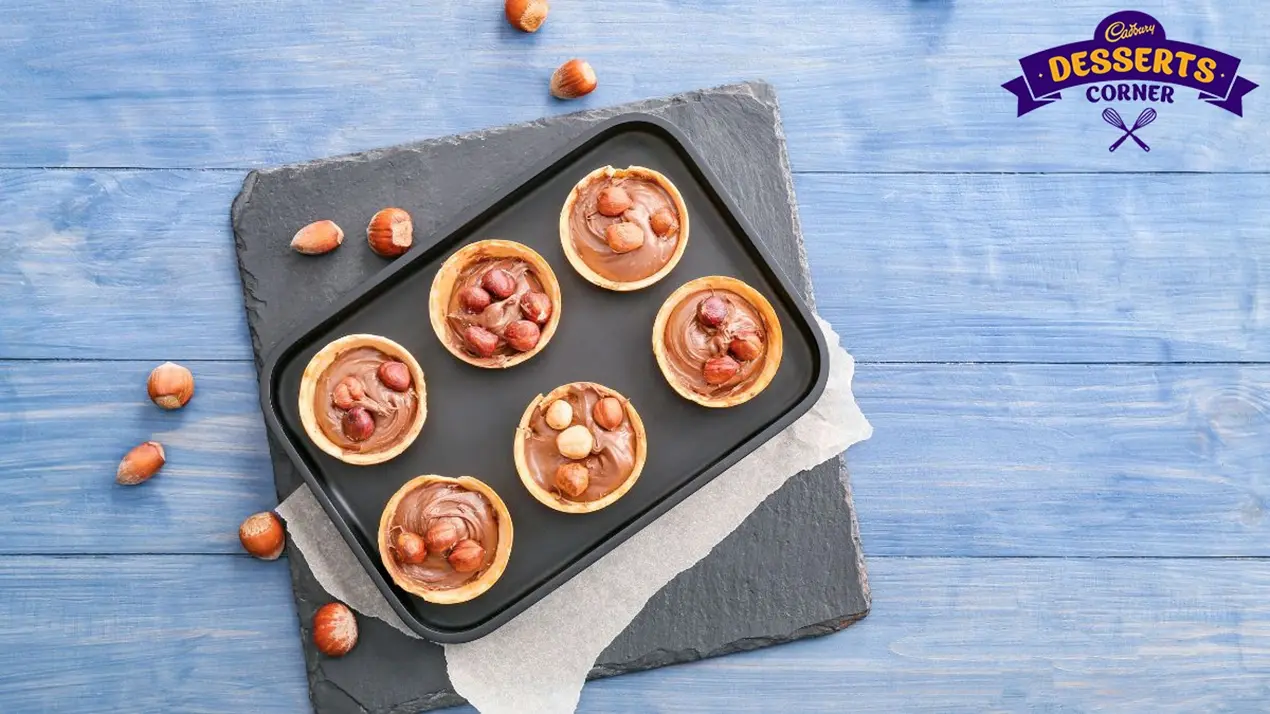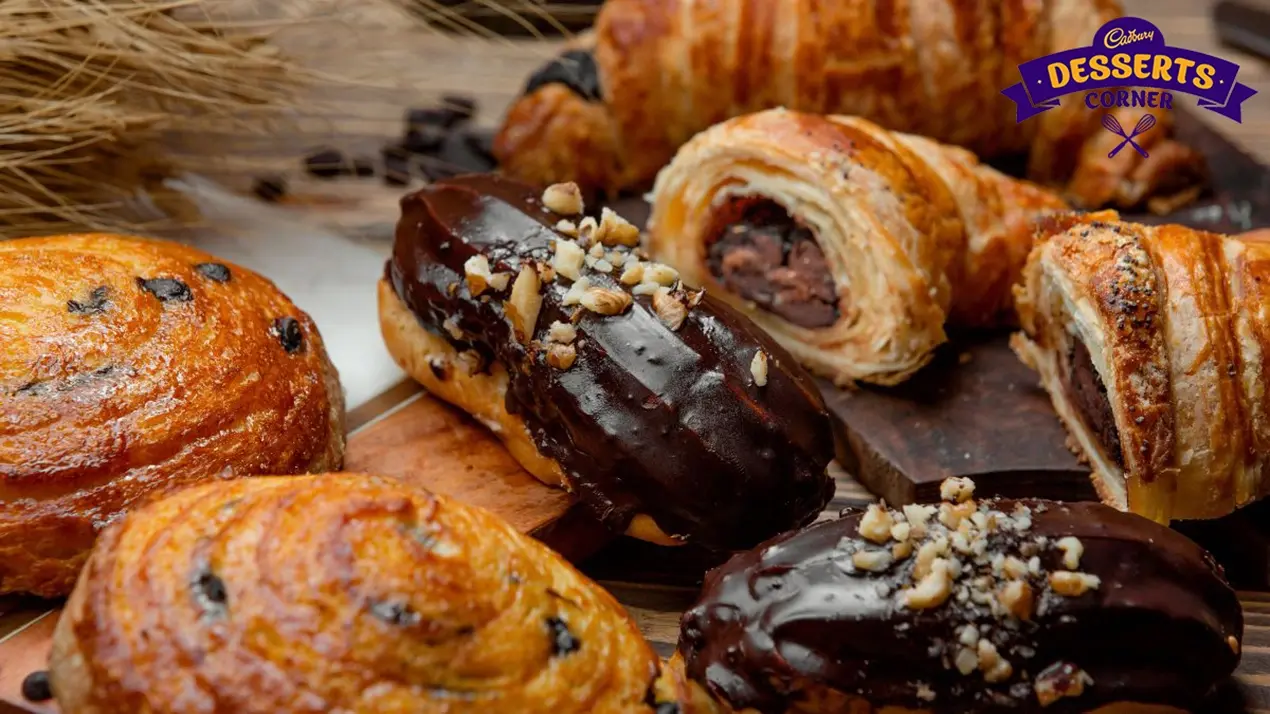Baking should be fun and satisfying. So here are some tips to answer all your questions and clear your confusions.

Baking should be fun and satisfying. So here are some tips to answer all your questions and clear your confusions.
Baking is a pleasurable activity and a means of sharing love and warmth with loved ones through hot and freshly baked creations. While baking comes from the heart, it's also an exact science that requires one to use just the right amount of ingredients and bring them together in just the right way for just the right amount of time.
It can be intimidating and confusing, whether you’re a home baker who’s just starting out or a seasoned professional. So here are 12 important tips to make baking a cakewalk in 2024 from experienced baking influencers, who’ve been there and done that, and are sharing lessons from their own personal learnings and through overcoming complex challenges that came their way. While you keep all these tips and tricks in mind, the most important thing is to have plenty of fun. After all, that’s what baking is all about.

January- Understanding Eggs with Shivesh Bhatia

Make sure you’re cracking the egg carefully, with none of the shell falling into the bowl. Whisk it properly, using the proper equipment as required for the recipe. When a recipe calls for more than one egg, add them in one at a time and mix well after each addition. This allows enough air to seep into the batter, making the final baked good fluffier and softer when baked. Also, if you're using a recipe that only requires egg yolks, don't throw the whites away. They can be stored in the fridge for up to 2 weeks and be used for a host of other recipes.
February: Measurement with Jenn Segal

Measuring ingredients correctly is a big part of getting baking right. The best way forward is using a digital scale to get exact measurements. But if that’s not available, the next best option for dry ingredients is the spoon and level method. This means spooning the ingredient into a cup and leveling it with the back of a spoon to see how much you have. And for wet ingredients, use measuring cups with clear markings on the sides to make sure you're getting the right amounts.
March: Butter Matters with Sally McKenney
Remember, the temperature of butter is going to affect the texture of the final product. So pay attention to whether the recipe is calling for softened, chilled or melted butter. Softened is butter that's been sitting at room temperature for at least in an hour. Chilled is straight out of the refrigerator and melted can be either on the stove or in the microwave. Make sure melted isnt too hot or it’ll start cooking the eggs in the batter.
April: Moodiness with Sommer Collier
It's not something that’s often taken into account, but the mood and mindset you're in are going to affect how the baked good turns out. If you're angry or upset, there’s a higher chance of you being heavy handed when measuring out ingredients and rough when mixing the batter. Your mental state is going to affect your physical actions, so try to bake when you’re relaxed and have plenty of time on your hands. Baking can be calming and meditative, and there’s a higher chance of you creating better baked goods when you’re positively invested in the process.
May: Ingredient Prep With Jennifer McHenry
Before you begin baking, make sure you have all your ingredients and equipment laid out neatly in front of you. You want to ensure a smooth baking process instead of scrambling at the last minute to find something that’s called for. The running around may affect the batter, making it runny or harden it, depending on what’s already in the bowl. The dough might also clump from sitting out for so long. So have everything in front of you. Through this practice, you're also making sure you have everything you need and aren't missing any vital ingredients.
June: Whether Weather Matters with Amanda Saxby
If you live at a higher altitude, your cakes will probably rise more and dry out faster. This is because of there being lesser air pressure, and there’s not much you can do about the weather. But you can experiment with recipes and proportions and adjust accordingly, lower the temperature of your oven and bake for lesser time than called for, among other ideas. The important thing is to be mindful and proactive.
Like This Article?
More Like This



Popular Articles





Trending Web Stories
Curated Recipes



















